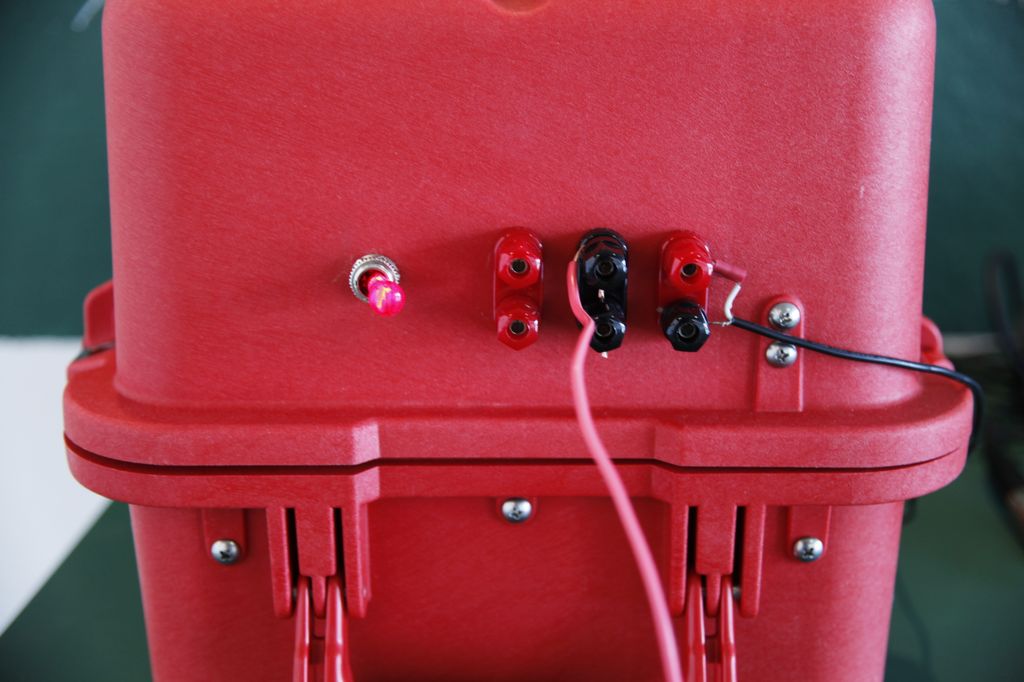press

Stephanie Cardon came to Stitching the Shore and wrote a nice description of the evening in Big Red & Shiny
Greg Cook interviewed us and wrote about Marsh Radio Island and Stitching the Shore in the new WBUR art blog ARTery
Great article by Amy DuFault about Marsh Radio Island at BU’s 808 Gallery.
Cate McQuaid reviewed the exhibition and Marsh Radio Island on March 12, 2013 in the Boston Globe:
Stop by the exhibit “System: ECOnomies” and you’ll be deluged with facts. The show, at Boston University’s 808 Gallery, is the nucleus of “Alternative Visions: Sustainable Futures,” a series of events and workshops fostering conversation about environmental sustainability — beekeeping, salt marsh seeding, and the ridiculous number of commonplace products made with petrochemicals. It is, almost necessarily, pedagogical.
But the show, put together by curators Lynne Cooney and Dana Clancy, overcomes the information overload with a genuine sense of fun. The exhibit brims with invitation and welcome. Most of the projects take a small-community, DIY approach, and promote the feeling that yes, we can make things better.
What we learn about bees: They link their legs in order to build honeycombs. That’s called festooning. Maria Molteni and Colette Aliman’s “Festooning: Inflatable Beehive,” a giant, yellow-and-orange blow-up hive, is meant to create that spirit of cooperation and community among humans. Cartoonish and charming, it’s probably 8 or 10 feet high. Step inside and it has the feeling of a sacred space: hexagonal, warmly illuminated, open at the top. The artists envision it as a meeting place
Equipped with solar power, rainwater collection, and resources for growing food, Mary Mattingly’s “Flock House” looks like a geodesic dome on wheels. She has made many, and moved some through city streets, to make points about sustainability and about human migration as part of world ecology. It doesn’t look like easy living — the inside resembles a tree house — but it’s nimble and smart. The salt marshes and mudflats surrounding Boston protect our shorelines. The artist collective Plotform, founded by Jane D. Marsching and Andi Sutton, is working on a long-term project, “Marsh Radio Island,” which involves nurturing local marshes and cultivating community.
Their plan: To make floating crochet forms planted with sea lavender and other marshy plants, and send them out into the shallows of Boston’s flood-prone neighborhoods. They held a crocheting bee in the gallery, and created a sweet, lumpy, sprawling prototype.
Works such as these sidestep the risk, when it comes to activism, of being preachy about how we’ve already caused irreparable damage to the planet. Even Marina Zurkow’s installation, “The Petroleum Manga,” takes a light-hearted approach to a dark subject. Zurkow uses the clean-lined, cutesy style of manga comics to render objects made from petrochemicals. She papers three walls with images of such things as a water pistol, a plastic chicken, a balloon, a credit card. The manner of drawing evokes innocence — as do many of the objects she portrays — which plays cleverly against the poisonous threat that is her topic.
There are more events to come, including a hydrocarbon tasting event (yum!) with Zurkow and chef Lauryn Turell on March 22, an environmental activist potluck on March 28, and a handful of lectures. For more information, check www.bu.edu/cfa/sustainability.